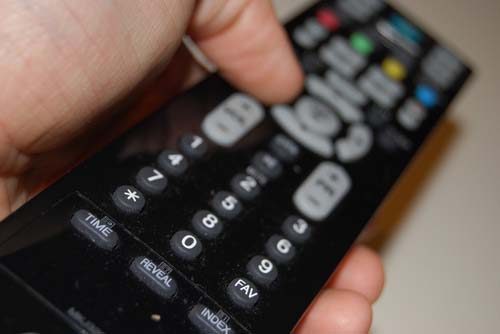
As Ramadan comes to a close, Fatma Aldosari, a Qatari who works in the New Media department for the Al Jazeera Network, reflects on how traditions in Qatar have evolved – for better and for worse.
“The Ramadan I know has changed,” responded grandma when I asked her about what Ramadan used to be like.
I am sure she is right.
In recent years, Ramadan has become a big business in Qatar. It all begins about a week before the holy month, as grocery shopping turns into a “consumer emergency.” Shoppers queue in lines at supermarkets with loaded carts, and rolls of riyals are exchanged for rolls of grocery receipts.
Then out come all of the decorations: Malls are decked out with Islamic art, “Ramadan Kareem” banners, bright lights and colorful lanterns. Stores display their latest Ramadani fashion trends, and hotels promote their special banquets for iftar and suhoor.

This annually reoccurring scene is markedly distinct from the Ramadan of my childhood, a little more than a decade ago. For someone like my grandmother, who witnessed Qatar before the oil boom, the differences are even more drastic.
“Ramadan was about having less for oneself ,” grandma said. “For 30 days, you test and train yourself on having less of life’s pleasures and more dedication to worship and good deeds.”
Grandma described the old Ramadans as “simple.” For iftar and suhoor, the only thing the family used to gather around was good conversations and a few homemade communal dishes.
In contrast, many families these days enjoy international takeout or maid-made cuisines while congregating around the television. This change has destroyed not only the custom of family dining but also the health and fitness of Qatar’s people.
Culinary habits are just one aspect of change. “People knew how to use their time wisely,” grandma said. In the past, when people were not occupied with their day jobs or domestic chores, they spent their Ramadan doing mutual activities together such as praying, reciting Quran, mentoring or telling tales.

Today, family entertainment during Ramadan is its own industry. Television is the main source of amusement now. Arab production companies are in a seasonal race every Ramadan to assemble their newest soap operas, multimillion-dollar game shows and cheesy comedy programs.
But technology also brings positive change to today’s Ramadan. For instance, some television and radio channels show religious, intellectual, educational or cooking programs that benefit people of all ages; even grandma admitted she learns new cooking recipes and Islamic history through TV.
And not being an expert in detecting the Qibla’s direction by the sun is no longer a problem. Using Qibla apps for your prayers can be an easy one-tap solution. Tablet and smart phone apps can also be used for digital Quran recitation, Islamic e-lessons and alerts for adhaan, iftar and suhoor.
Websites, YouTube channels and social media can become more charity-driven and Ramadan-focused.
Fundamentals
Talking about the new and old Ramadan with my grandmother helped to highlight the many different “blessings” and “curses” about change in this holy month. However, there are a few fundamentals that grandma and I agreed time could not change significantly about Ramadan: family, spirituality and generosity.

Although Qatar is a family-oriented culture year-round, the month of Ramadan magnifies the importance and tradition of familial culture. In Ramadan, you enjoy the presence and company of both the immediate and the extended family.
From the first Ramadan until today, Ramadan has always been about spirituality. Be it fasting, listening to the adhaans, reciting the Quran, praying in the masjid, smiling, fundraising for charity, showing good manners and staying away from cursing during rush hours, Ramadan brings out the goodness in many people.
Change
Generosity is one of Ramadan’s greatest traits. During this month, we see neighbors exchanging food and gifts, families hosting large open communal feasts outside masjids for laborers, and individuals donating their money, supplies, time and even prayers for those in need.
Change is a natural component of life. We can never expect anything to always stay the same. This transformation from a traditional Ramadan to a more commercial one that feeds on consumerism can be seen not just in Qatar, but around the entire globe.
Although Ramadan in Qatar today may appear quite distinct from the Ramadans my grandma knew, some things just never change, and I’m sure that the first sweet taste of dates after hearing the Maghrib adhaan tastes just as good today as it did a century ago.
Old Ramadan or new Ramadan, it is still Ramadan.
Ramadan Kareem, and Eid Mubarak!
Credit: Photos by Omar Chatriwala, Espen Sorvik and Brian Candy







